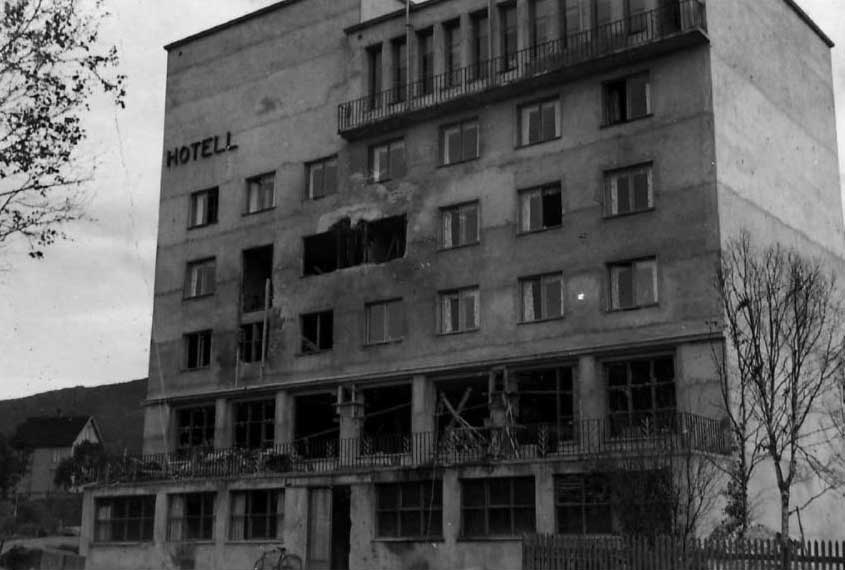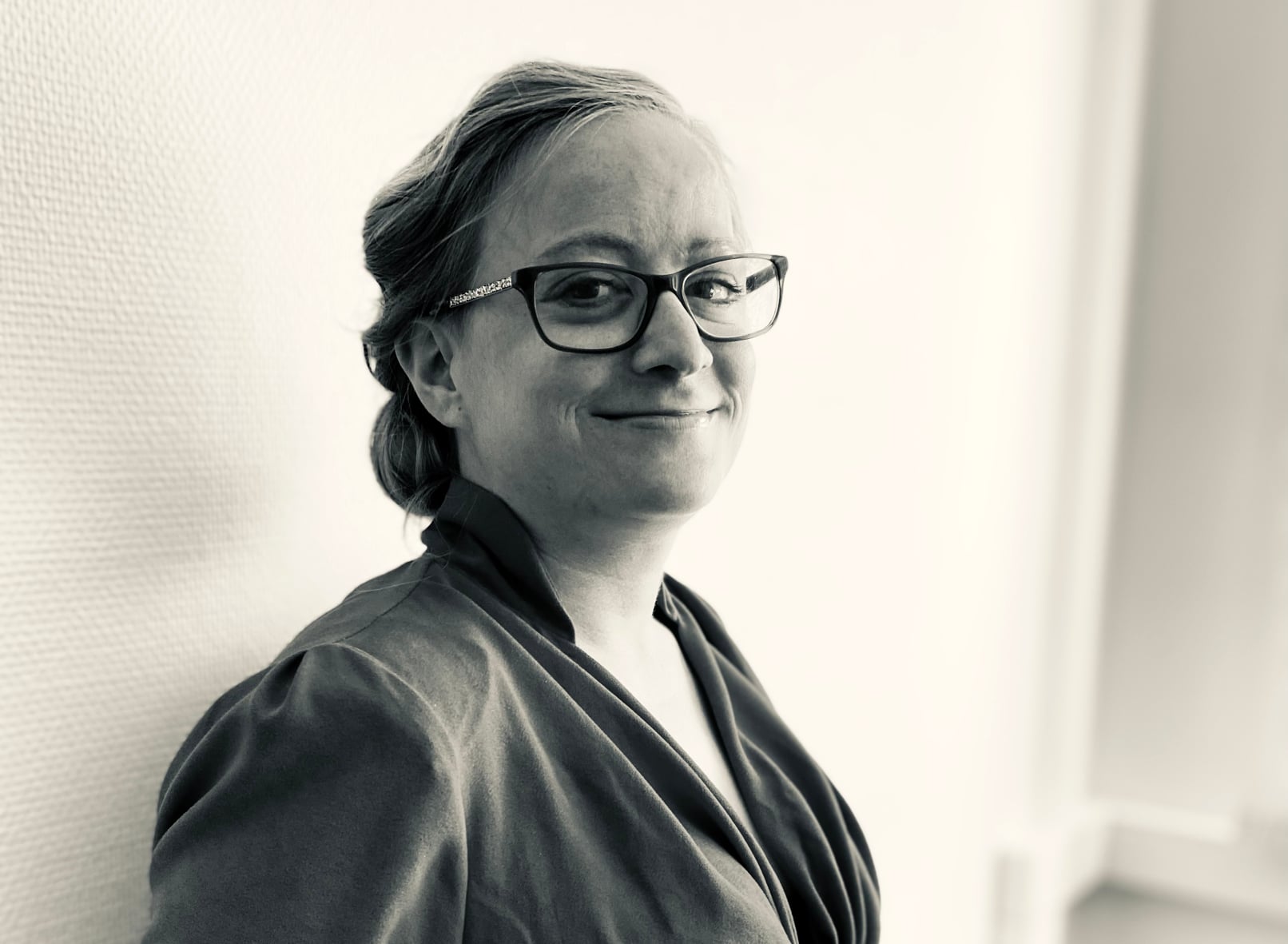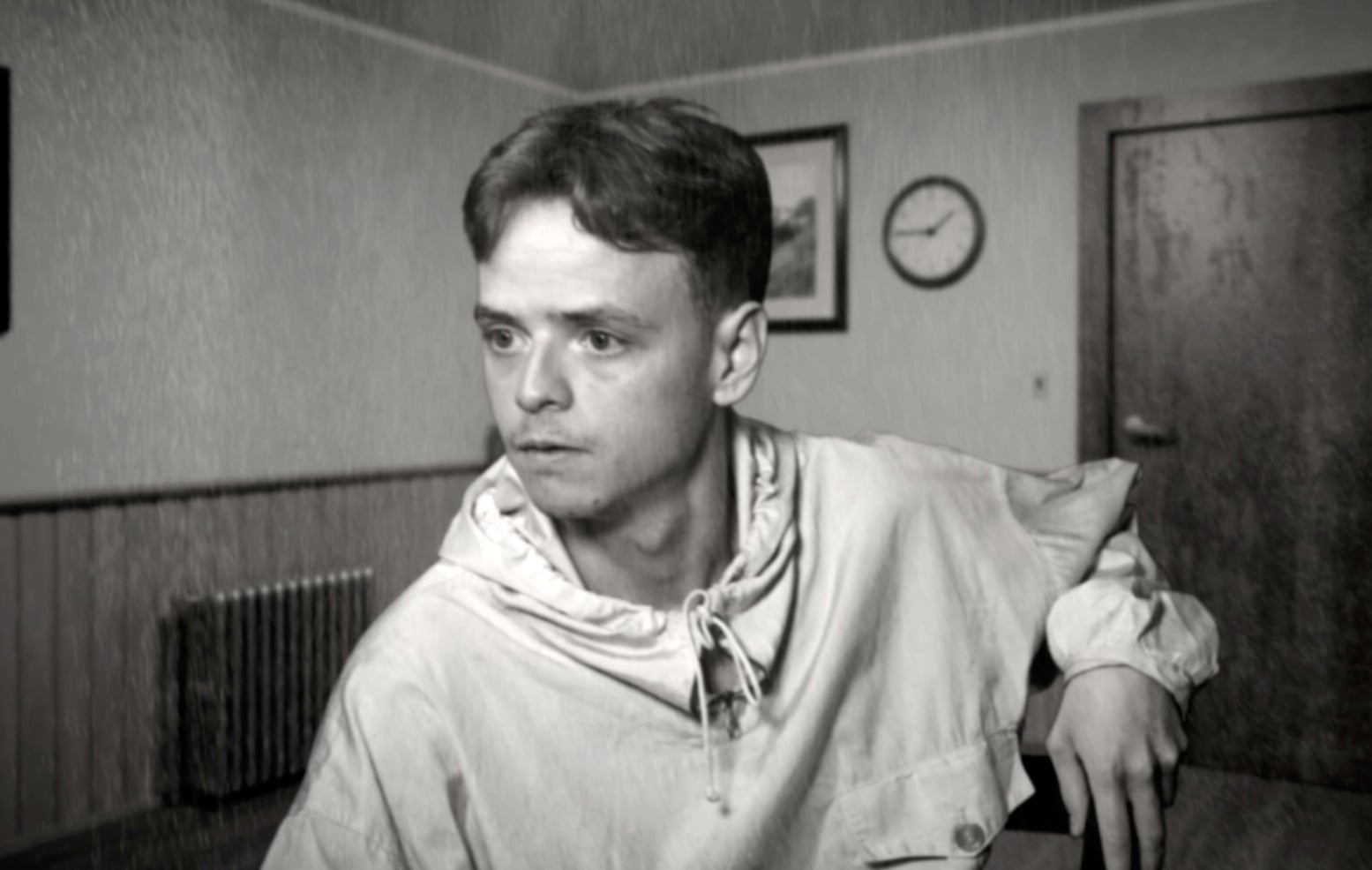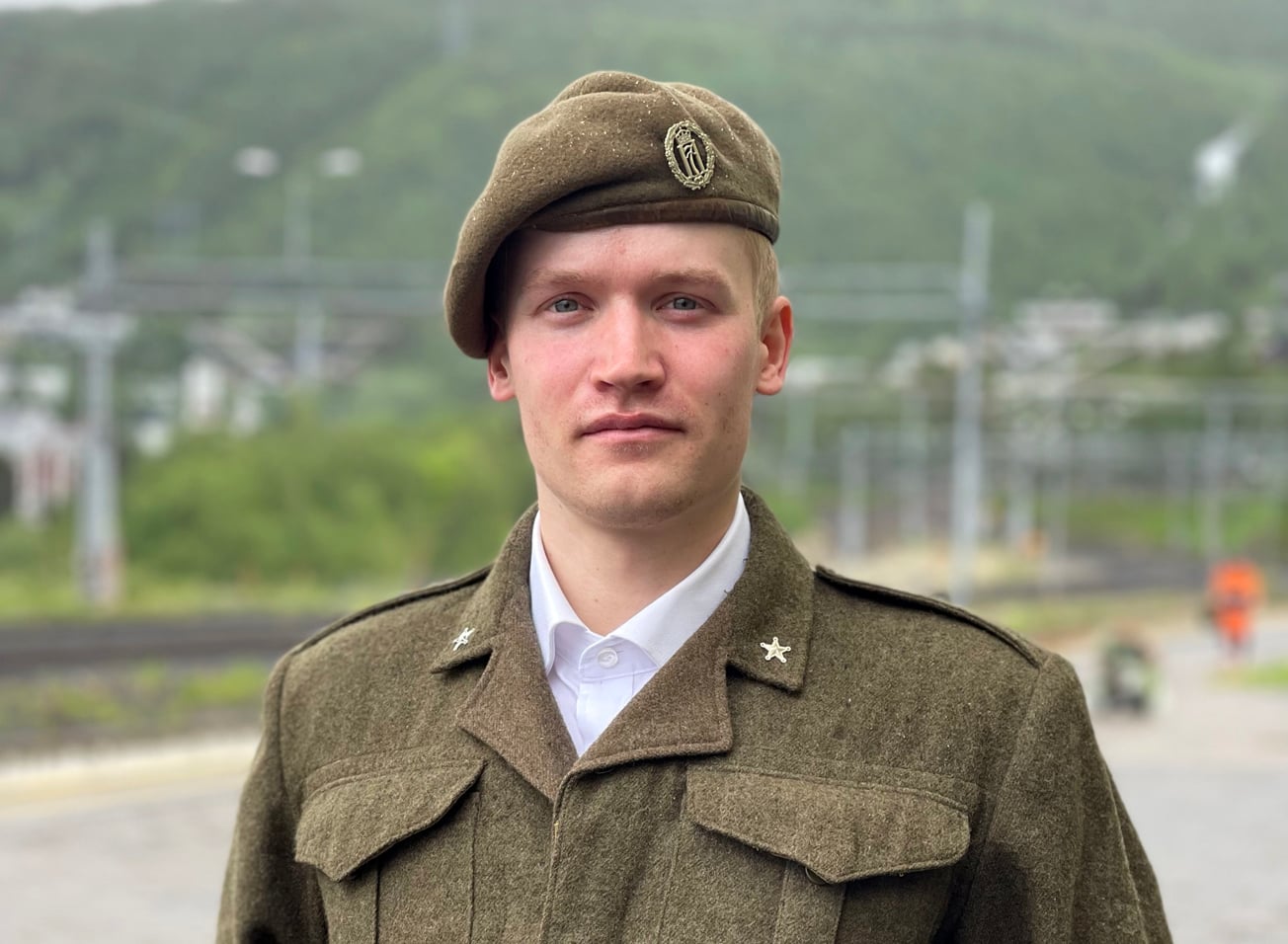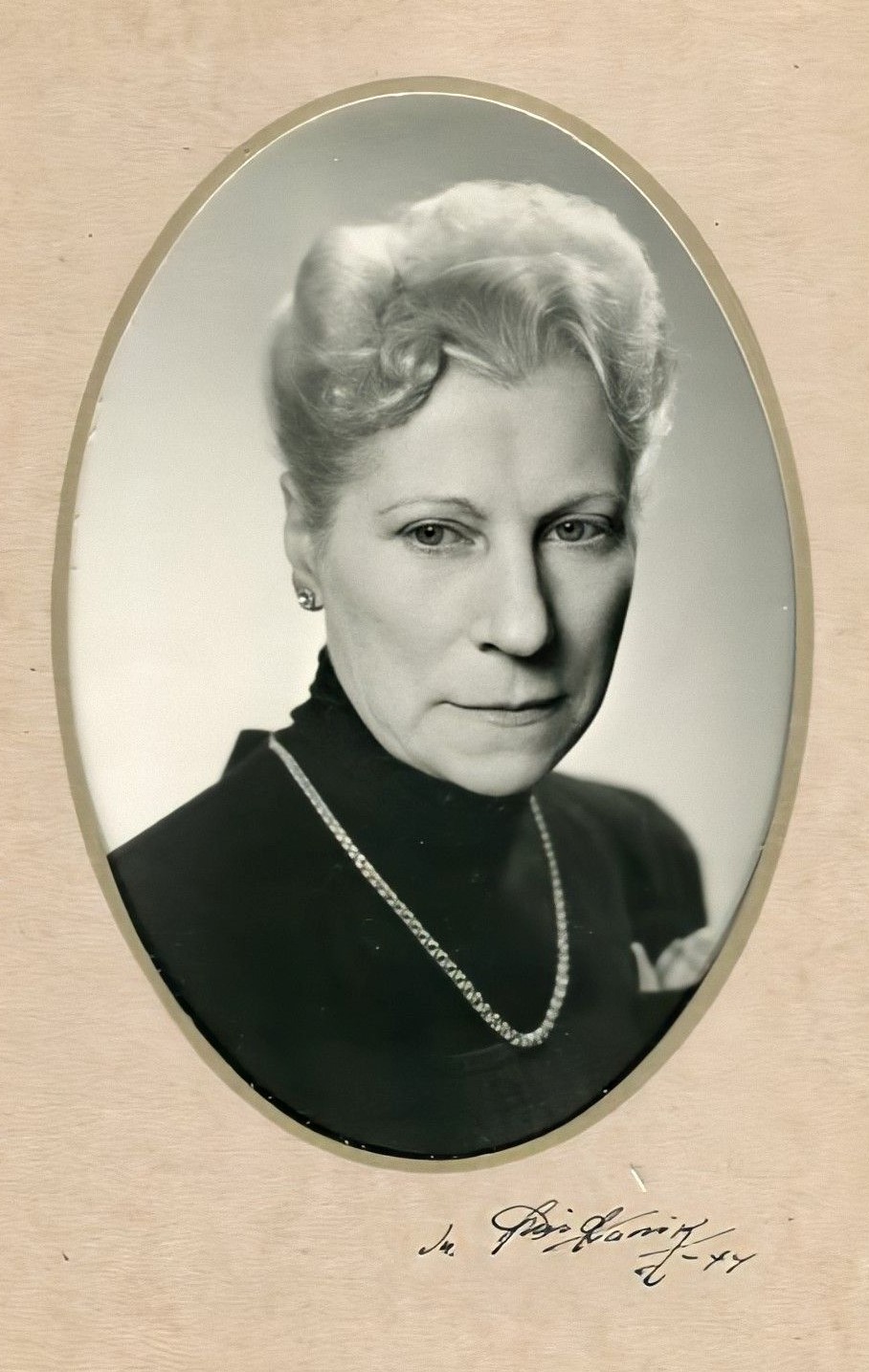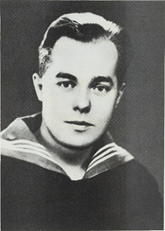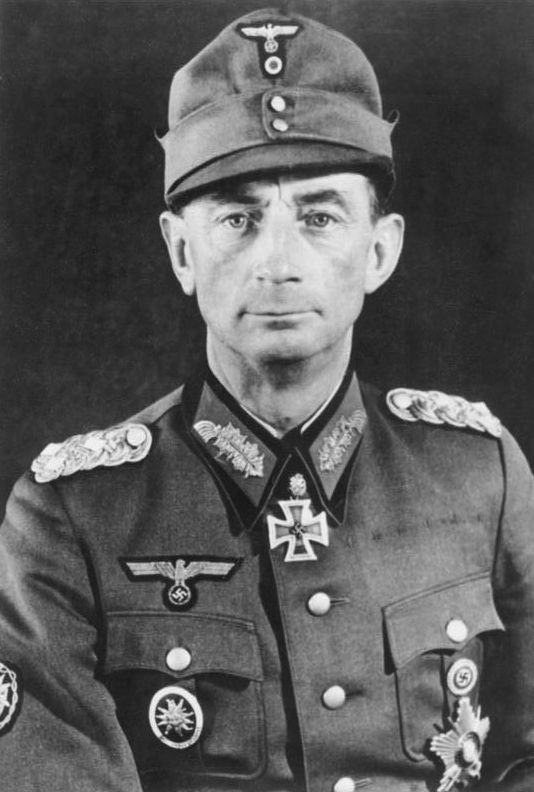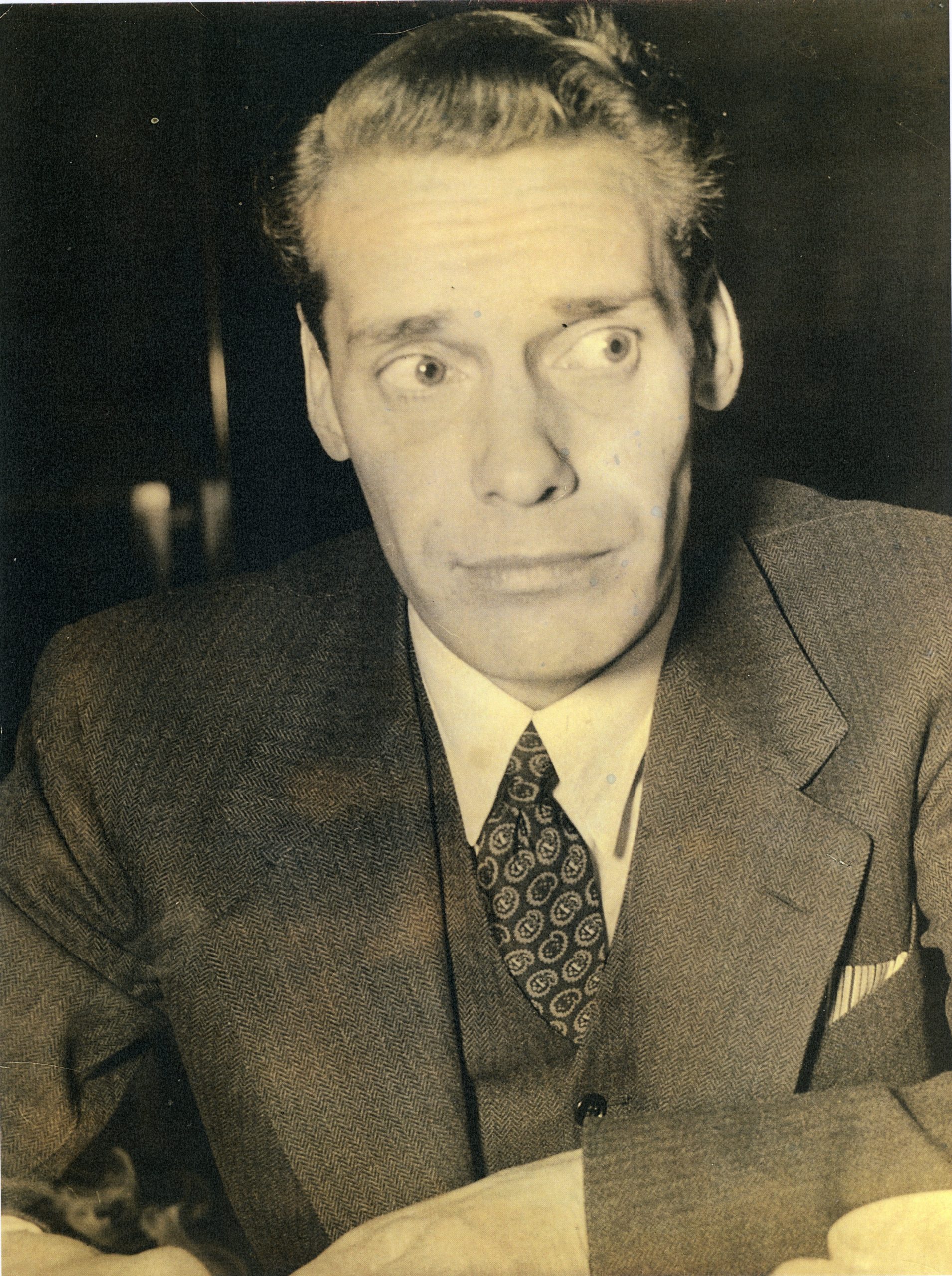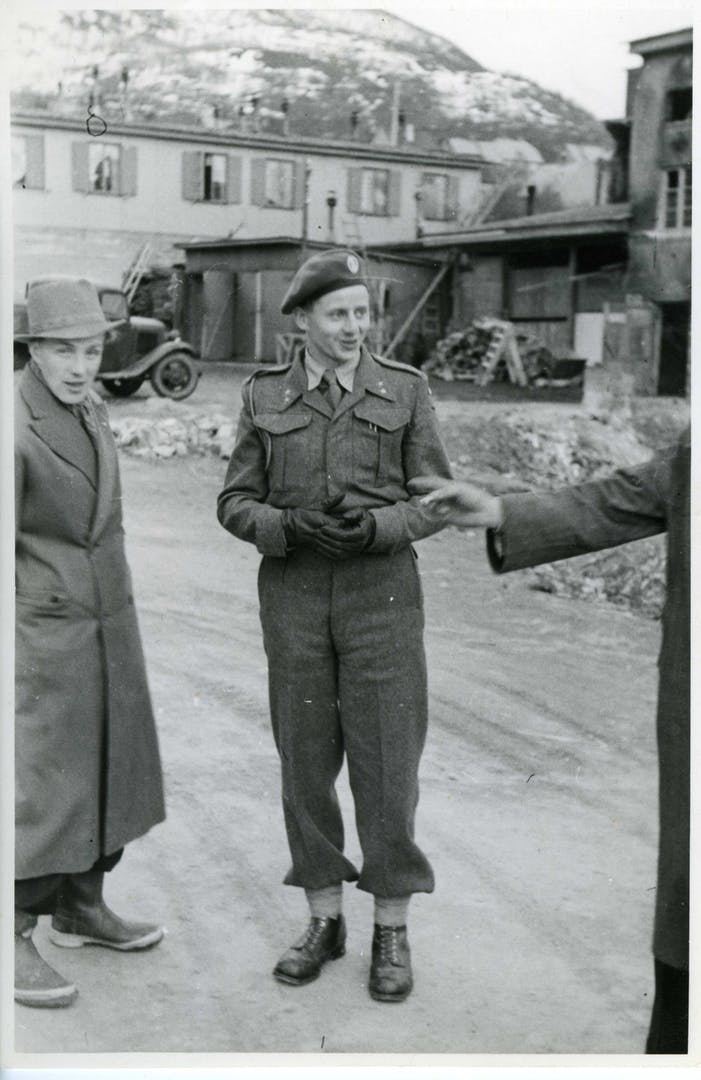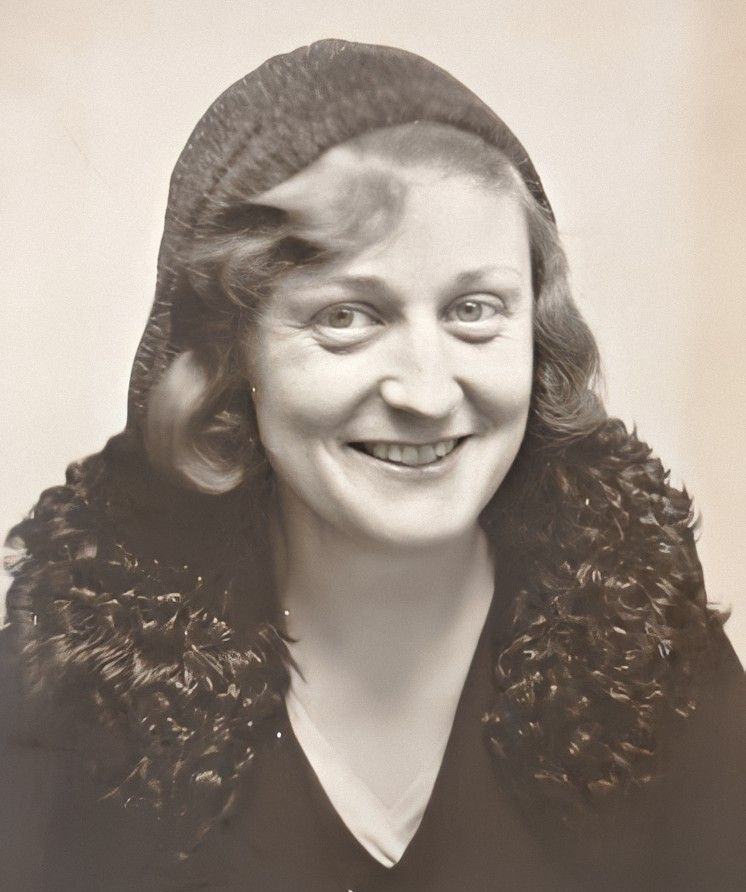Royal hotell
1940 – 1945
We have created completely unique frames for your next event. The concept is well suited to conferences and/or party evenings.
Our concepts consist of the following:
– When the event starts, Petra (actor) welcomes and performs a monologue.
We then show a film that takes about 2 minutes in which the same person has the main role. Parts of our strong history are conveyed here.
– The soldier Petterøe who was to be executed also comes by and tells about his dramatic meeting with Narvik and the Royal Hotel. In this context, we also show one of our film clips.
– Petra is available for a monologue related to lunch or dinner where she tells about our 100-year food history.
– You also get the opportunity to test our VR glasses
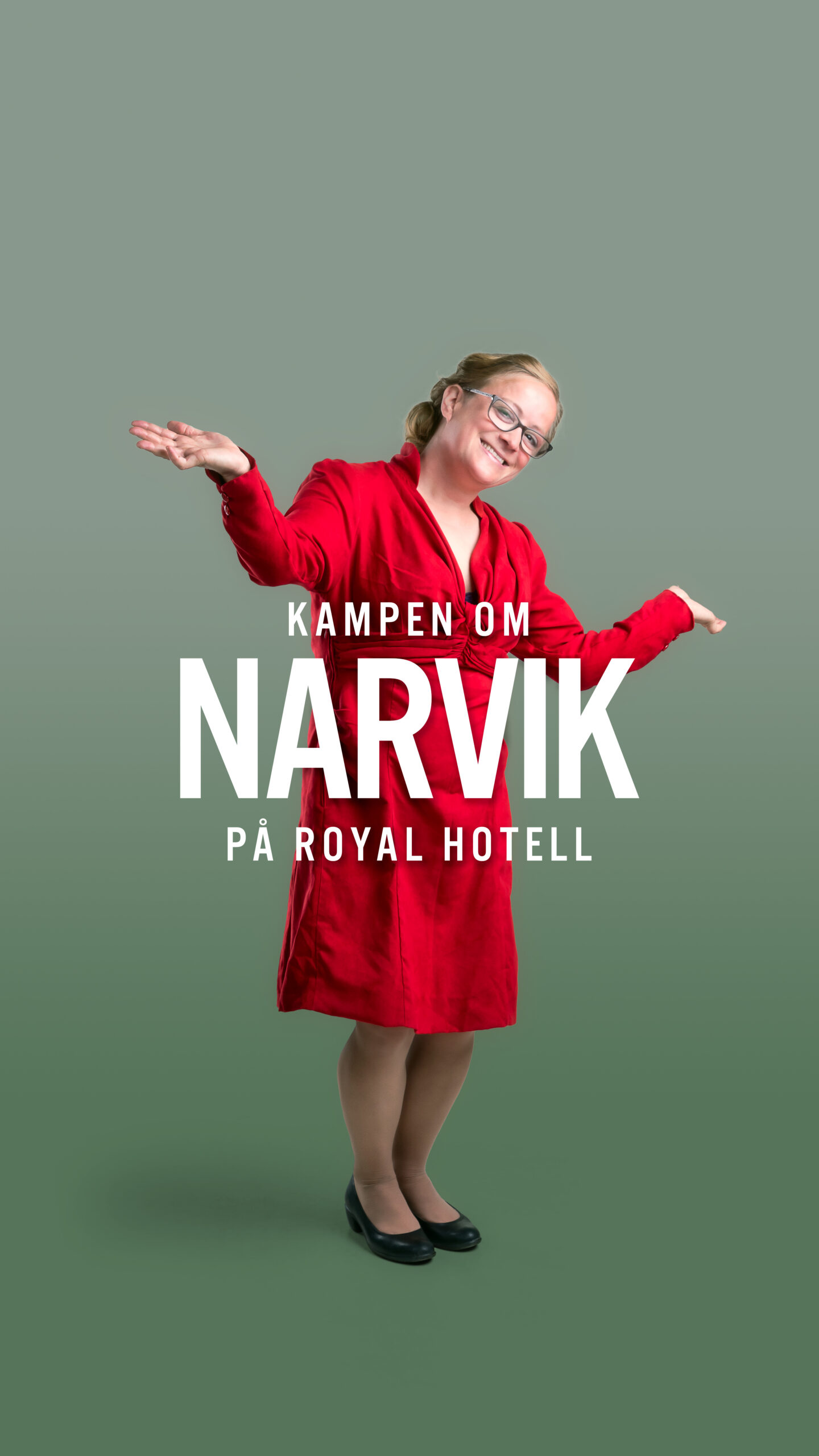
War historical events
We have created completely unique frames for your next event. The concept is well suited to conferences and/or party evenings.
Our concepts consist of the following:
– When the event starts, Petra (actor) welcomes and performs a monologue.
We then show a film that takes about 2 minutes in which the same person has the main role. Parts of our strong history are conveyed here.
– The soldier Petterøe who was to be executed also comes by and tells about his dramatic meeting with Narvik and the Royal Hotel. In this context, we also show one of our film clips.
– Petra is available for a monologue related to lunch or dinner where she tells about our 100-year food history.
– You also get the opportunity to test our VR glasses
The Royal Hotel in Narvik was inaugurated on the 21th of January 1939, as one of Norway’s most modern hotels. Among the guests who arrived during the first year, there were not only business travelers and tourists.
Both England and Germany had plans to invade Norway and Narvik in order to gain control over the iron ore shipping from the Swedish mines. Obtaining information was important, and by the turn of the year 1939/40, both nations had their consuls in place in the city.
The British sent a former naval officer, Mr. Gibbs, while the German vice-consul was named Wussow. The German was apparently alone, while Gibbs had three English officers with him. All stayed at the Royal Hotel, from where they regularly reported to their governments.
War history
On the 6th of April 1940, somewhat surprisingly, a group of English and American journalists arrived in Narvik. They moved into the Royal, and spent most of their time in the hotel’s fireplace room. When asked by the employees what their mission was in Narvik, the journalists replied that… “they were waiting for something big to happen”.
What they were waiting for was for English forces to take over the city.
But the Germans got ahead of them, and on April 9th, it was General Eduard Dietl and his staff who moved in and occupied the top three floors of the Royal. Gibbs and the three Englishmen were to be arrested, but escaped by jumping out of a hotel window.
The hotel was hit by shells and bombed during April, May and June. But major structural damage was avoided. After three months of cleaning and renovation, general manager Petra Gleditsch was able to reopen parts of the hotel in July 1940.
After French, Polish, English and Norwegian forces had recaptured Narvik on 28th of May, the Royal Hotel functioned for a short period as a place of residence for the English staff. When the Allies withdrew from Narvik, and Norway capitulated to the Germans on 10 June 1940, the hotel again became German headquarters. This lasted until the end of the war.
A video is being shown
A video is being shown
A video is being shown
Petra Gleditsch
Narvik, July 1940
Dear Anne. How are you? I hope you are well, and as well as it is possible to be. It has been a while since I last wrote to you, and unfortunately that has its natural causes.
I must admit that I am tired. Very tired. I ask myself; is it worth it? To rebuild what others tear down? Again and again. For the past three months I have spent my days in dirty overalls carrying broken glass and plaster out of the hotel. The result of a Polish shell hitting Royal on 9th of May.
I was not alone in the clean-up, the volunteer effort was great from many. But it wears on me, both physically and mentally. Will this never end? Will there never be peace again? Is there an everyday life ahead where we can once again not worry about everything we lack? Where being happy that spring comes when it should, is the most important thing. I hope so, but too often it doesn’t feel that way.
I remember the joy we felt when they came marching into town. Norwegian soldiers. Our boys. Some of them are from the city. It was as if the weather was also celebrating this warm day. The recapture on 28th of May. The Germans had withdrawn from the city and we thought we were free. That the war was over.
But the peace was not to last. Now came the revenge. In the form of German bombs. Three times they came – 31th of May, 2nd of June and June 7th. Bromsgård was hit and burned to the ground. So were many houses in the city.
Then came the surprise; on Friday the 7t of June they left us, the British who had been headquartered in the hotel, the French… the Poles. The war was not over. No! It had just begun.
We somehow slipped into a kind of everyday life again. The Germans returned. We cleaned. Royal had miraculously avoided being hit directly. The building was damaged, but no worse than that, after great joint effort, we got the restaurant in usable condition. The dining hall was destroyed, but we opened a new one in the banquet hall on the 5th floor. With 18 guest rooms intact, we also had overnight stays. A couple of the maids came to visit. They were in town to collect personal belongings from their dormitory. It was too hard for them to see the destruction in the hotel. They cried when they went back to Ballangen.
Narvik, Christmas 1940
Dear Anne,
Thank you for your letter, which I received here the other day. It is not for nothing that I find myself longing for Sundøya and Helgeland when I read what you write. I remember how much fun we came up with growing up.
But it is here in Narvik that I have my home now. In this invisible small town that ended up in the middle of war history. Who would have thought that could happen when I set foot on the dock here for the first time in 1919. No, as they say: a lot of water has flowed into the sea since then.
I came here with vague dreams of doing something with my life. Take a step further. But I never dreamed that I would get to where I am today. Not only have I built my own hotel. It is also among Norway’s most modern. Although it is now damaged after both Polish and German attacks, I will rebuild it. And then Anne, when it happens, and this terrible war is once over. Then. Then you will come here to Narvik, and be my guest at Royal.
Yes, I have been successful with my businesses and investments. But the personal happiness was not meant for me. I have lost no less than two husbands, and I hardly got to know them properly until they were gone. First Arnulf Gleditsch, who shared my dreams of our own hotel and ensured that we were able to borrow money to buy Børjessongården. The farm in Dronningens gate which became the first Hotel Royal. Unfortunately, we only got one year together before he died.
I was 33 years old, a young widow with a far too large a loan. But I managed to service it with hard work. I had neither the time nor the inclination to concern myself with personal happiness. Not until I met him, the Italian Count Amedeo Gori. It had been 13 years since my first husband died, and I certainly wasn’t looking to find a new one. But then one day this Italian came into my hotel. He had booked a room. It was love at first sight, and the feelings were mutual. Dear Anne, I have never been so happy as then!
We made plans. We got engaged in June 1934, and got married here at the hotel the same autumn. A Catholic priest came from Harstad to marry us. Can you imagine me, Countess Petra Gleditsch Gori!! He was going to take me to meet his family in Italy, because for a short while life was more important than the hotel.
But this time the luck was not to last either. In the spring of 1935, he received a telegram from Italy with orders to report for military service in Sicily as soon as possible. He left shortly after, and I never saw him again. In May of the following year, the telegram came that said he had died. Killed in the Battle of Abbessina in East Africa.
No, happiness was not meant for me. So I put all my energy into working on the hotel, and it’s been that way ever since. Work first, rest can be done later.
Back in the present, I can say with satisfaction that we are mostly finished with the refurbishment after the bombing in June. The German commandant put hard pressure on me, so that the floors that the Germans rent will be finished. At the turn of the year 1940/41, we have mostly finished the renovation, and 25 guest rooms can be used.
The kitchen was heavily damaged during the bombing, but we found a stove in the ruins after cafe Mimer. It came in handy. The restaurant at Royal has quickly become a popular and sought-after meeting place for the many people in the city who live poorly and do not have the opportunity to cook their own hot meals. A dinner costs one Kroner, so that everyone can afford to eat with us. We also have permission to serve beer with the food. I sometimes feel as if we serve food to the entire population of Narvik, and in fact we have served dinner to 2,000 people every month since July.
The damage to the hotel amounted to NOK 41,000 for the building, and NOK 49,158 for the fixtures. We got a loan of NOK 30,000 from Narvik Sparebank, against security in expected war damage compensation. In addition, we received NOK 13,700 in advance for the war damage compensation for the inventory. This allows us to complete the renovation.
Because there is a need for hotel beds in Narvik, and the occupancy is constantly filled. In addition to the Germans renting large parts of the hotel, many other travelers also come. The hotel shortage in Narvik is extremely precarious.
Write soon. Your letters mean a lot to me
Your friend Petra
Afterword:
We do not know whether Petra Gleditsch exchanged letters with an old friend, but the content of the letters reproduced here is completely correct in relation to the life she lived.
Anders Petterøe
Narvik, April 1940
The office I sit in is small and windowless. A calendar on the wall says that it is Saturday the 20th of April 1940. In a short time I will die. Condemned to be shot by German soldiers because I carried weapons and planned sabotage against the German armed forces. I am 19 years old, and my name is Anders Petterøe.
I can hear the sound of German soldiers marching in the street outside the hotel. Maybe they are preparing a parade to celebrate Hitler’s birthday. The German war prosecutor who just sentenced me to death told me that Herr Fuhrer turns 51 today. That I have chosen a special day to die on.
If I close my eyes I can also hear music. Maybe the weather is nice out there? Has spring finally arrived in Narvik? I will never experience that again.
My story begins on the evening of April 8. I am a sailor on board the surveillance ship “Michael Sars”. It is reported that a German naval force is on its way to Narvik. Our task is to keep a lookout, and report to the armored ship “Norge” in Narvik harbor as soon as we see anything.
We are outside Lødingen, so we have a good overview of the traffic in and out of the Ofotfjord. But today the weather is bad. Snow and sleet showers. It is almost impossible to see anything. But at night they come. Like gray shadows out of nowhere. Our telegraph operator reports to PS “Norge” as soon as the German warships pass us.
Then we are attacked by a German destroyer. In Norwegian, we receive orders to sail into Narvik. When our ship’s commander refuses to follow orders, the Germans fire warning shots. We have nothing to defend ourselves with, and follow orders.
At Narvik harbor, everything is just chaos. Both armored ships have been sunk, and many have perished. We are ordered to the dock, and placed under arrest. But we are allowed to move freely, as long as we don’t leave the city.
The Germans don’t seem to be particularly interested in us crew from “Michael Sars”, so we decide to retrieve the skis we have on board the ship. With skis we can get over the mountain and to Sweden. But when we pass the Royal Hotel we are stopped, arrested and questioned.
The document I sign after this interrogation is the reason why I am sitting here waiting for death today. I have promised on my faith and honor not to carry weapons that could be used against the German forces. Breaking the promise will automatically be punished with death, says the
German interpreter in Norwegian. But nobody gets shot in Norway, right? That doesn’t happen here…
There is unrest in the city for the next few days. The Germans seem nervous, but we are still allowed to move around freely. On this unlucky Friday for me, I’m out and about without my mates. I’m a little restless, and wander along the streets aimlessly and without meaning. In the Royal Hotel, a basement window is open. There are no guards outside, and I dare to look inside. There is a Krag Jørgensen rifle leaning against a wall. Probably one that a Norwegian soldier has left behind. I think; it might be good to have a weapon. Hide it away now, and then bring it out again. So I climb in and take the rifle. I’m wearing a long coat, so there’s no problem hiding the rifle from passers-by when I’m back out of the basement.
But what I don’t think about when I climb in is that the window is high up on the wall. I can’t get out if I can’t find a box to stand on. I find an empty beer crate and put it under the window. I have already put the rifle on the pavement outside. Now it is easy for me to follow.
I’m only halfway out when I see the German military boots. Two marines grab me and lead me into the hotel.
It is Saturday, April 20, 1940. It is Adolf Hitler’s 51st birthday. I recently turned 19 myself. Soon I will die.
As thoughts race through my head, I hear the clinking of glass on the floor above me. The leader’s birthday is to be celebrated. The German war prosecutor who has just sentenced me is going to be at that party. He gets up from his chair and is about to call out to the soldier on guard outside.
It’s banging. Violent. The whole hotel shakes. An English cruiser has fired a grenade at the hotel. Perhaps it is their birthday salute to the Leader? Plaster falls from the ceiling onto the German’s spotless uniform. He throws himself down. Crawling under the table he was just sitting at.
Then it gets quiet. Completely still. I get up and go… into freedom. No one tries to stop me.
Afterword:
Anders Petterøe eventually made his way to Scotland, where he signed up for service with the Norwegian Navy. He served in the Navy for the rest of the war.
General Eduard Dietl
His forces fought valiantly against the superior force, but on the 8th of June 1940 they were pushed towards the Swedish border at Bjørnfjell, and would have had to capitulate if the Allies had not given orders to give up Norway.
The German press greatly praised Dietl as “the victor from Narvik”, a Narvik shield was instituted and books were written about the general. He was promoted to lieutenant general and – as the first German officer – awarded the newly created war decoration, the Knight’s Cross of the Iron Cross with oak leaves. His quick retorts and rough humor were widely reported. He often used this to lighten the mood and raise morale, which did not prevent the discipline from being iron-hard and the punitive measures at least as severe in Dietl’s departments as in the rest of the Wehrmacht.
On the 23rd of June 1944, on behalf of Hitler, Dietl was on his way from Obersalzberg to Helsinki to ensure continued participation from the Finns. Shortly after the plane took off, it crashed, and Dietl died.
(Source: Great Norwegian Lexicon)
Theodor Broch
After the second major naval battle on April 13, where the British sank the last German warships, Broch felt certain that a British landing was only few hours away. Together with some of the others, he bluffed his way into the telegraph building, where they got a German non-commissioned officer to surrender his weapon. Then they tore down the Nazi flag from the telegraph flagpole. But there was no British landing. It all ended with Broch being taken to the German war prosecutor, where he was told that he has broken German martial law. Consequently, there was only one sentence: death penalty by firing shots.
Thedor Broch was pardoned by General Dietl, because the chairmanship in Narvik managed to persuade the general that there would be full panic in Narvik if the mayor got shot. Broch was released on the condition of reporting. After a short amount of time, he made his way to Sweden, and then to the USA. He returned to Narvik in the summer of 1945.
Eirik Coucheron-Jarl
Narvik, May 8 1945
My name is Eirik Coucheron-Jarl. I am a lieutenant in the Norwegian army. Today is Tuesday 8th of May. Outside Europe, people are celebrating that Germany has capitulated after five long years of war. My mission is to find out if the Germans in Narvik have received the same message. If they didn’t, or refuse to accept the order to surrender… then I don’t know what to do.
Tomorrow I turn 28. I hope I can celebrate it in freedom.
It is early evening. But here in Narvik, it’s bright around the clock at this time of year. I am standing in a hotel window at the Hotel Royal. It strikes me that I’ve never been inside a hotel room here before, but I guess it’s not so strange since I live here in the city.
I think about the day that will soon be behind me. I will never forget it as long as I live. I arrived the city by train from Sweden this morning. The mission I have volunteered for is to get to the city as quickly as possible. Once down in Narvik, I will contact senior physician Erling Borch-Johnsen.
What the Germans don’t know is that he is the leader of the resistance. For us, i.e. the two battalions of Norwegian police soldiers who are marched up in Kiruna, it is extremely important to be able to tell the home front that we are ready to come home to take over power from the Germans at short notice.
But the battalion commander, Colonel Munthe-Kaas, believes it is too risky to send all the soldiers across the border. I volunteer to go alone. I am from Narvik, and know both the city and Borch-Johnsen well. So be it.
When I get off the train in Narvik, I wear my uniform quite openly. I am unarmed, so as not to provoke the Germans. I am nervous but determined to carry out my mission. First I contact Erling Borch-Johnsen, then I contact the Germans. The plan immediately breaks down; I can’t get hold of Borch-Johnsen.
I start walking up towards the Hotel Royal, where the Germans have their headquarters. The trip is not long, only a few hundred meters. Nevertheless, I met many Germans; none of them made any attempt to stop me. Maybe they are as tired of the war as I am, I think.
After a while I get in touch with General Serini, who is the German Fortress Commander. He treats me politely and correctly. Even treats me to coffee and cognac. However, he has not heard of Germany capitulating. He will check that the next day with his superior, General Rundstedt.
In the meantime, I will be sent back to Sweden by train, and wait there. As fate would have it, there are no trains to Sweden that day, so the solution is that I am accommodated in a room in one of the top floors of the Hotel Royal. I am invited to eat with the German officers in the restaurant, but I am not allowed to leave the hotel until further orders.
So here I am standing in my hotel window, looking out over my hometown. A few people walk on the street below. Kongens gate, or Gate 1 as we Narvikings say. I draw attention to one of them. He even stops on the pavement right below where I’m standing. It is principal Johannesen, my old friend from Narvik Gymnastics Association. I know that he is part of the leadership of the home front. If I let him know about my errand, then Borch-Johnsen will also know. But how do I make it happen?
I tear off a piece of the hotel’s letterhead and scribble “look up towards the third floor”. In my uniform pocket I have a Swedish coin, it will come in handy now. I wrap the note around the coin, and throw it down at Johannesen… hoping that he will see it without the Germans
discovering it. The wait feels endless, but then he finally looks up and nods. He has seen me and got the message.
I sit on the edge of the bed. Only now do I realize how tired I am. But the tension in the body gradually lets go. I’m going to bed. The last thing I think is that I have never rested my head on such a soft pillow as the one they have at the Hotel Royal in Narvik.
Afterword:
The following day, the Germans received word of the capitulation. The German commander tells Lieutenant Coucheron-Jarl to begin preparations for a peaceful takeover. Coucheron-Jarl can finally telephone Colonel Munthe Kaas that the Norwegian forces can now cross the border in safety. The capitulation itself takes place in the afternoon of 10th of May at the railway station in Narvik.
Amalie (Mally) Borch-Johnsen
November 12, 1944
It is close to 8pm when there is a loud knock at my office door. I am both surprised and a little anxious. Both because it is far after normal office hours, and because I am doing “office work”, which in the worst case can cause major problems. Both for me and for others.
There is a young German officer standing outside the door. The Edelweiss he wears on the shoulder of his uniform makes me realize he is Austrian. Fortunately, because the Austrians are usually a little more polite than the boastful Germans. Oh… I hate the Germans.
Good evening. Are you Miss Amalie Borch-Johnsen?
It amazes me how well he speaks Norwegian. Almost without an accent. He must have read my questioning expression, because he answers before I can.
You understand, Miss Borch-Johnsen. I am a Viennese child. Together with more than 500 orphaned Austrian children, I was sent here to Norway in the spring of 1920 to “fatten up” as they said. I spent eight lovely summer weeks with a family outside Drammen. I was six years old and these are the happiest weeks of my life. There were four other children in the family, so I quickly learned to speak a little Norwegian.
After I returned to Vienna, we kept in touch by writing letters to each other for many years. In Norwegian. Have you heard of the Wienerbarna organization, Miss Amalie?
Mally, I correct.
Yes, I’ve heard of the Vienna Children. As a member of the Narvik Red Cross, in the summer of 1919 we received a letter from the Norwegian Red Cross asking whether we were interested in helping to provide Norwegian families who could take care of, and raise, an Austrian child for eight summer weeks. We found that it would be too tiring for the little ones to travel all the way to Narvik, so we politely declined.
And now a former Viennese child is standing in front of my desk in a German uniform. I calculate that he is around 30 years old.
Captain Mannfred Gruber… he introduces himself as.
The reason for the visit is that he has received orders from Festungkommandant General Serini to collect the hotel’s annual accounts for 1943. There is no drama, he reassures me… but the general has allowed himself to be impressed by how director Petra Gleditsch and her staff are able to serve dinner for 2,000 people every single month. Year after year. The general wonders if this is something the German armed forces can learn from. So… Would I be so kind as to give the captain this account?
Then, I reply that it is absolutely not appropriate to let anyone take the accounts out of the hotel. The young captain asks if he can be allowed to go through it here in the office, together with me?
I try to act brusque, but I realize I don’t really have a choice. Nevertheless, in the pile of papers on my desk there are also notes that the Germans absolutely must not see. Transcript of the news from BBC London which I will pass on. In addition to reports from the maids about what the Germans are talking about in the hotel rooms, and about who has been visiting.
I don’t feel comfortable in the situation I’m in…
Does the young captain’s visit have anything to do with my brother, Erling Borch-Johnsen, being arrested earlier this autumn? Erling is a senior doctor at the hospital, and enjoys great respect among the Germans as well. But he is also the leader of MILORG, the resistance movement in Narvik and the surrounding area.
The Germans arrested him on suspicion of planning sabotage. Erling flatly refused, and after a short time they had to let him go. Probably because the German doctor at the hospital complained to General Serini. It is not possible to run a hospital without chief medical officer Borch-Johnsen, he said.
So Erling is beyond suspicion. Apparently. But do the Germans suspect me… or others in the hotel? Is that why Captain Mannfred Gruber has come? To go through all my papers?
Right then and there I am happy that my system for incoming and outgoing documents consists of two large piles in front of me on the desk. A system that only I, and I alone, understand.
Of course the captain will see the accounts, I say. I just need some time to figure it out, and in the meantime I have an urgent document. It is the order from the staff of General von Rundstedt in Indre Troms. They have booked 12 rooms and half of the restaurant to celebrate the general’s birthday.
The captain must excuse me, I say in my friendliest voice. But I am struggling to find out where we should order what is necessary for the general’s visit to be as successful as possible. Can Captain Gruber come back tomorrow?
Of course. The general’s birthday celebration is more important than the accounting, he says, bowing politely. I’ll be back, Miss Mally.
He doesn’t come back, which only reinforces my impression that it was something completely different from the previous year’s accounts he had been looking for. For me it will be a warning. I will never have sensitive notes in the office.
Afterword:
Mally acted as a liaison for his brother Erling Borch-Johnsen, and other agents. She reported directly to him what she saw and listened to

Quality Hotel Grand Royal
Kongensgate 64, 8514 Narvik
Tlf: 76 97 70 00
Produksjon: FremoverLab
Nettside: Riktig Spor AS
